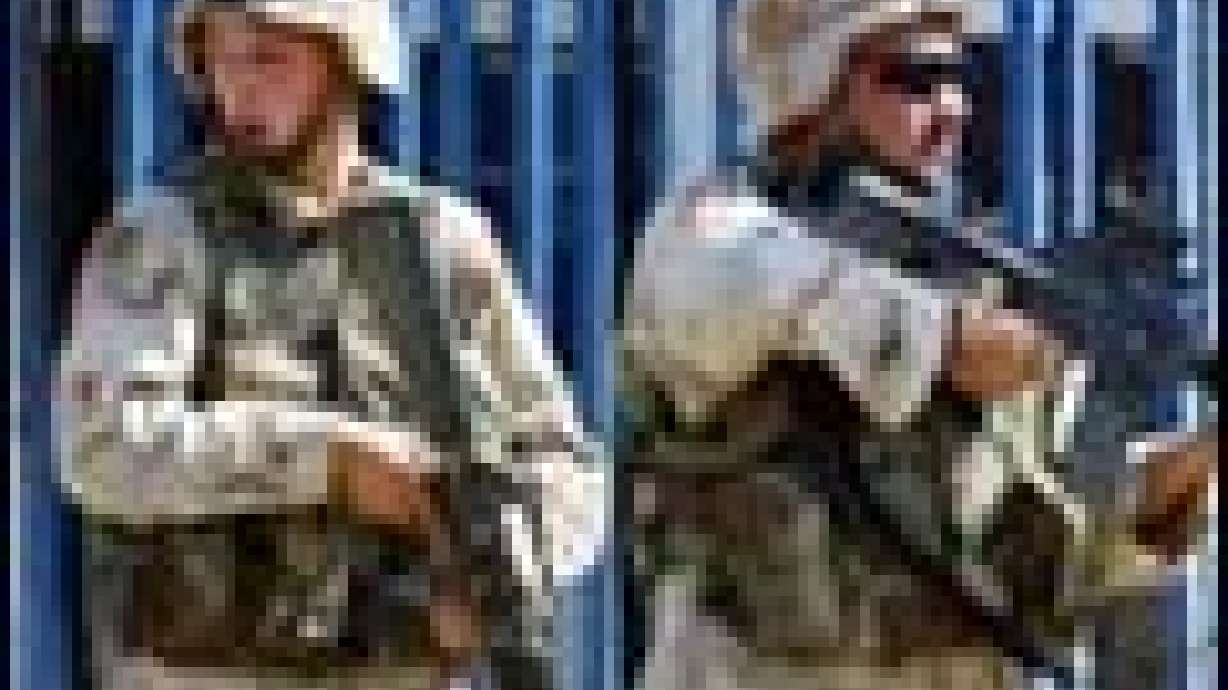Estimated read time: 2-3 minutes
This archived news story is available only for your personal, non-commercial use. Information in the story may be outdated or superseded by additional information. Reading or replaying the story in its archived form does not constitute a republication of the story.
BAGHDAD, Iraq (AP) -- The U.S. administrator for Iraq said Tuesday the length of time American forces remain in the country was up to the Iraqi people. He also called the task of rebuilding the economy a "daunting one" that the United States would not ignore.
"The timing of how long the coalition stays here is now in the hands of the Iraqi people," L. Paul Bremer said at a news conference.
Bremer applauded Sunday's formation of the Governing Council in the country on Sunday, a group of 25 Iraqis that he played a major role in choosing. He said the next political task for the country will be the writing of a constitution and eventual free elections.
"It represents the diversity of Iraq and diversity of all Iraqis. It is a tangible benefit of the liberation of this great country. Personally, I'm delighted the coalition now has a strong partner in forming a fully democratic Iraq," Bremer said in opening remarks.
He was less optimistic about the Iraqi economy.
"We need to undo the enormous economic damage that has been done here over the last 30 years," he said.
Bremer blamed the country's continuing electricity shortages on an antiquated system and sabotage by pro-Saddam insurgents.
"This is a problem we inherited from a regime that for 35 years underinvested in every aspect of this country," Bremer said.
He was responding to questions from an Iraqi reporter asking about when essential services finally would be restored to occupied Baghdad and other parts of the country.
The U.S. administrator said it would take months to get Iraq's phone service, destroyed during the war, in service. But he said a mobile telephone system could be working in the short term.
Bremer, a former diplomat and counterterrorism expert, again denied there was any central control behind the insurgency with an average of 12 attacks each day on American forces.
"I think we pretty much know in general what we're up against here. We're facing a combination of Baathists, Fedayeen and ex-intelligence services operating without central control on a loose basis," Bremer said.
Recruiting for a new Iraqi army was to begin next week in Mosul, Irbil, Baghdad and Basra, he said.
(Copyright 2003 by The Associated Press. All Rights Reserved.)








